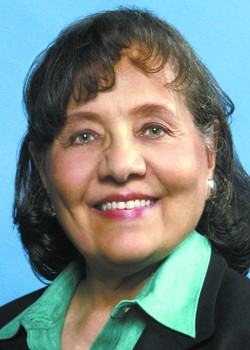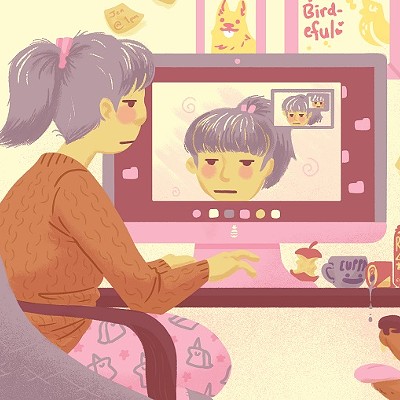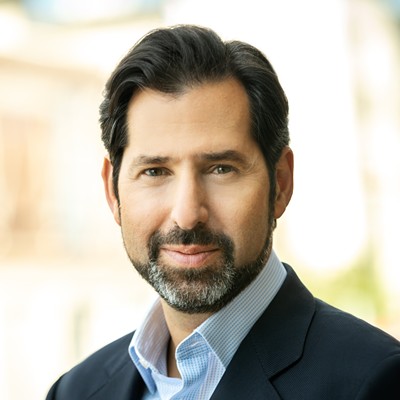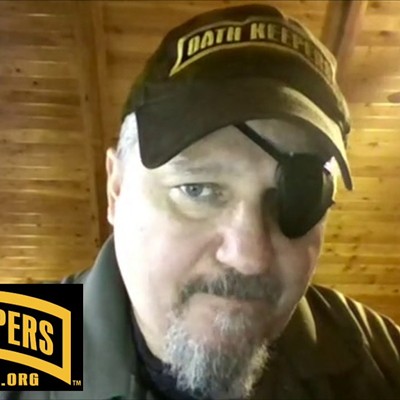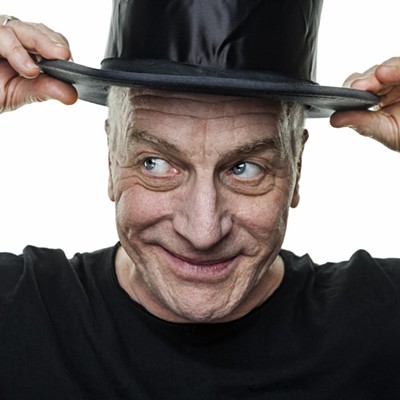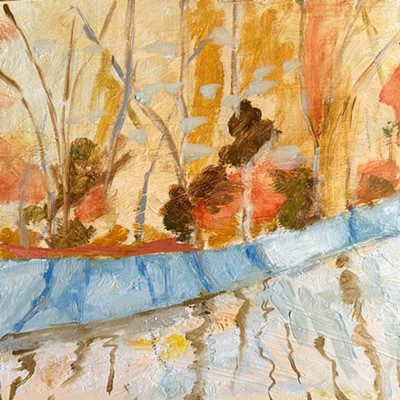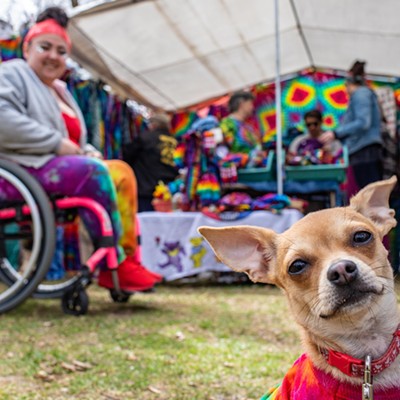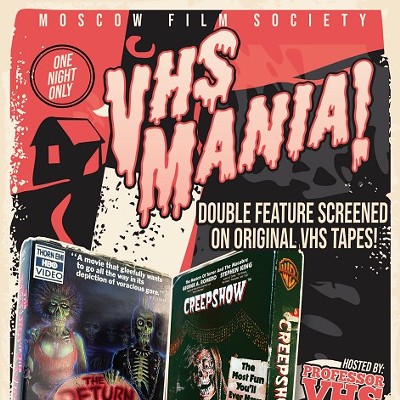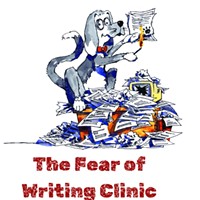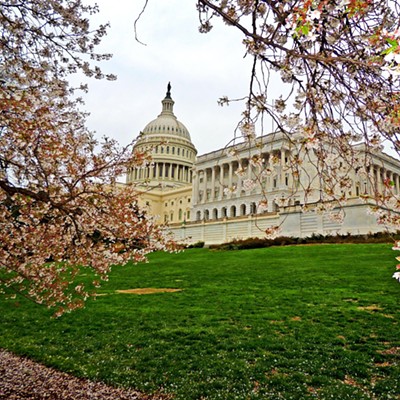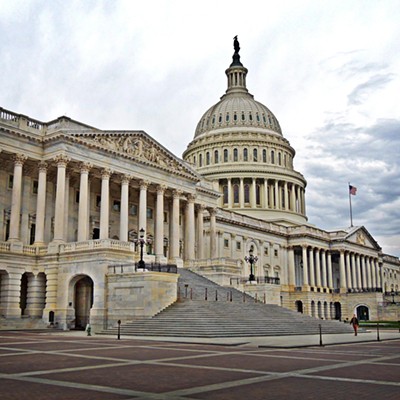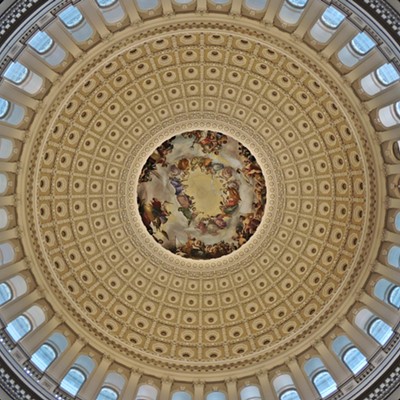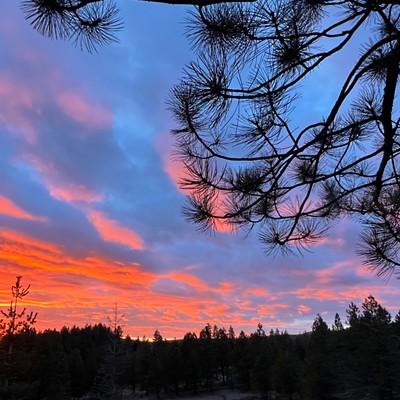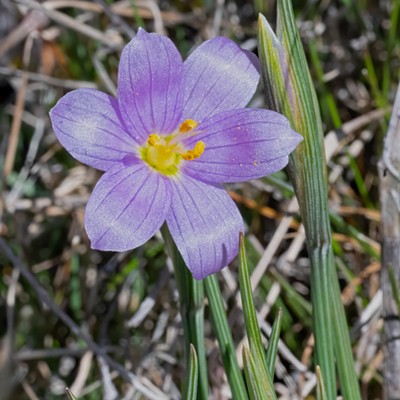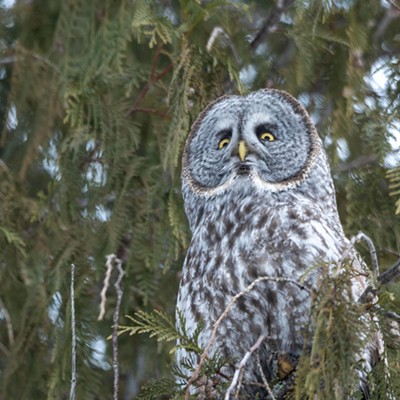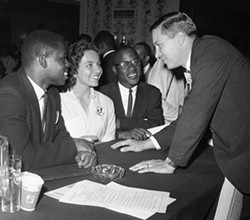
While Martin Luther King Jr. has become the face of human rights in America, he was one soul in a movement of thousands. Diane Nash was one of his contemporaries.
Raised in a middle-class Catholic family in Chicago, Nash entered Nashville’s Fisk University in the fall of 1959 and was shocked by the extent of segregation in Tennessee.
A founding member of the Student Nonviolent Coordinating Committee in 1960, she helped start a sit-in movement that led the city to become the first in the South to desegregate its lunch counters. She helped coordinate the Freedom Rides from Birmingham, Ala., to Jackson, Miss.; worked closely with King who nominated her for a civil rights award; helped organize the March on Washington and promoted the passage of the Civil Rights Act of 1964.
Before visiting Washington State University Jan. 22, Nash, who turns 76 this year, spoke to Inland 360 about those turbulent times and the issues she believes trouble the country today. ——— Inland 360: In the midst of the Freedom Rides you and the other leaders signed your wills. Death was a real and present threat. How did you come to the decision to place the freedom of others above your own life?
Nash: My freedom was at stake as well. I got sent to back doors and refused entry to places that the ordinary public could go. It was humiliating and dehumanizing. I felt outraged. I just felt the desire not to put up with that. I also was moved by how it affected other people as well.
In Nashville, it was possible to purchase food on a carry-out basis but you couldn’t sit down and eat it in the restaurant. At lunch the blacks who were working downtown would be sitting along the curbs and alleys eating lunch they brought from home or purchased. It was dehumanizing.
I felt very limited, too, at the time because that was a period of my life where I was very interested and excited about expanding my horizons ... segregation was a severe limit on doing exactly that so I resented it.
It was a combination of concerns for black people as a whole and concerns for myself. I think at the base of it was anger.
Inland 360: What are the social justice issues facing our country today that you think require action?
Nash: Oh, I think there are so many. I think that our very democracy is threatened these days. The (Citizens United v. Federal Election Commission) Supreme Court decision really frightens me. I think the attempted rollback on voting rights, which has been done in several ways, is a huge problem. Education and the destruction of the public education system is a major problem. There’s still a lot of racism, a lot of violence, on the part of law enforcement. I’m concerned about violence on the part of the government all the way from the federal government to the local government. In the 1960s we didn’t know that nonviolence would work; now we do know that it will. I think that people should be dealt with less violence.
I think we should expect more from police departments than to deal with protestors with violence. During the anti-war movement demonstrators dealt with violence or attitudes that they were nuts or traitorous. A few years later, the whole country was against the war. I think we should become a less violent society both in terms of citizens and in terms of institutions and law enforcement
Inland 360: You’ve said movements for change should be led by groups, that charismatic direction from one person has not freed us and never will.
Nash: In a democracy, the citizens are rulers of this country. A big problem today is that American citizens don’t see themselves as rulers of this country and I think we need to begin doing that, not fool ourselves and think that elected officials are going to do what is best for this country. We need to do what’s necessary and take the future into our own hands.
Imagine what would have happened in the 1960s if we’d waited for elected officials to desegregate. ... I think 50 years later, we’d still be waiting.
That 10 minutes you spend in the voting booth every year is not enough. Voting is important, but it’s not enough.

